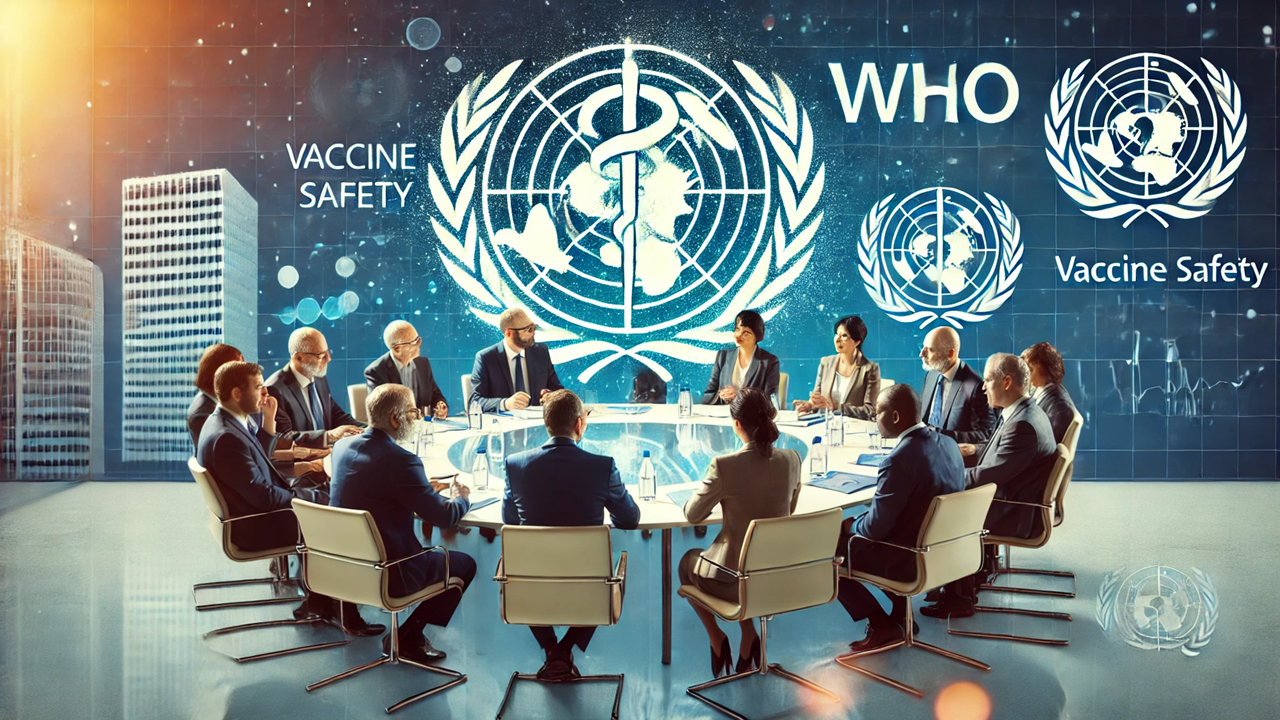WHO Approves Strengthened Evaluation Policy to Drive Accountability and Learning
The policy update reflects evolutions in the professional practice of evaluation across the United Nations system, as well as reforms within WHO itself.

The World Health Organization (WHO) has approved a revised Organization-wide Evaluation Policy (2025) at its 157th Executive Board session, updating its 2018 version. The new policy is a major step in reinforcing evaluation as a cornerstone of results-based management, while deepening WHO’s commitment to accountability, transparency, and evidence-informed decision-making across all levels of the Organization.
Why the Revision Matters
The updated policy comes at a critical time when WHO is tasked with addressing increasingly complex global health challenges—ranging from pandemic preparedness to noncommunicable diseases, health emergencies, and the drive toward universal health coverage.
The policy update reflects evolutions in the professional practice of evaluation across the United Nations system, as well as reforms within WHO itself. It was shaped by:
-
An independent 2024 comparative review of evaluation functions in UN agencies.
-
Recommendations from the Independent Expert Oversight Advisory Committee (IEOAC).
-
Input from the Programme, Budget and Administration Committee (PBAC) of the Executive Board.
These contributions ensured that the policy aligns with international best practices while addressing WHO’s operational realities at headquarters, regional, and country levels.
Core Features of the 2025 Policy
The revised Evaluation Policy introduces several innovations and reinforcements:
-
Minimum coverage norms: For the first time, WHO has established standards to ensure evaluations are systematically conducted across programmes.
-
Biennial evaluation workplan: A formalized cycle of evaluations will now align with WHO’s programme budget and strategic priorities.
-
Dedicated resources: The Organization has committed to allocating up to 1% of the programme budget to evaluations, strengthening the resourcing of this function.
-
Norms of impartiality and credibility: The policy reinforces independence, objectivity, and robust methodological standards.
-
Ethical and inclusive standards: Explicit emphasis is placed on disability inclusion, gender equality, and human rights in evaluation design and implementation.
-
Stakeholder engagement: Broader involvement of Member States, partners, and communities to ensure evaluation findings are relevant and actionable.
Supporting WHO’s Strategic Priorities
The policy is fully aligned with WHO’s Fourteenth General Programme of Work (GPW14), 2025–2028, ensuring evaluations directly support the Organization’s strategic objectives. This means evaluations will not only assess performance but also inform learning and adaptation in areas such as health systems strengthening, emergency response, and equity-focused health initiatives.
Building a Stronger Evaluation Culture
The updated policy underscores evaluation as an organizational learning tool—not just a compliance exercise. By promoting the systematic use of evaluation findings in policy-making, WHO aims to become more agile in responding to emerging global health needs.
Follow-up actions will include:
-
Development of regional evaluation frameworks, tailored to contextual needs.
-
Stronger linkage between evaluations and programme budget operational planning.
-
Preparation of the 2026–2027 Organization-wide evaluation workplan, integrating feedback from Member States and partners.
Towards Greater Accountability and Impact
With the adoption of the revised Evaluation Policy, WHO has set a new benchmark for rigorous, independent, and timely evaluations within the UN system. The policy strengthens WHO’s credibility with Member States and donors by ensuring value for money, transparency, and demonstrable impact.
Ultimately, this milestone positions WHO to respond to global health challenges with greater accountability, improved performance, and stronger trust from the international community.










